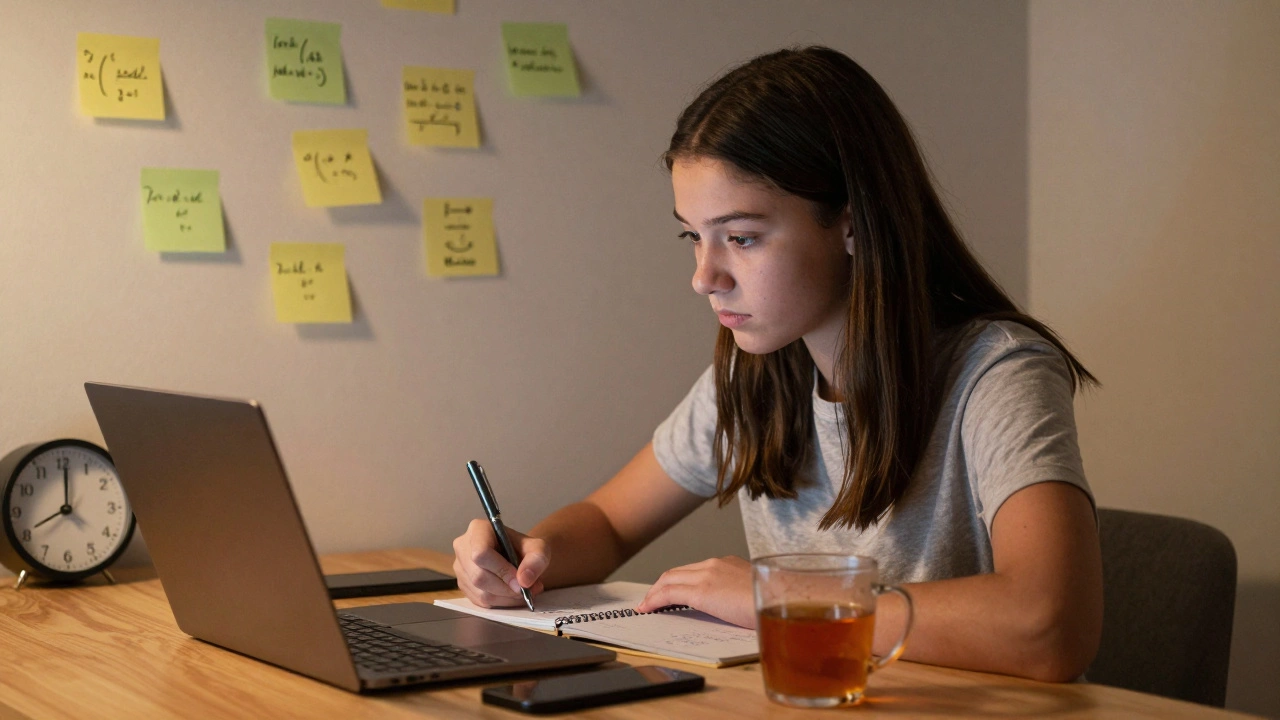Student Success: Practical Tips, Resources and Strategies
Everyone wants to see good results, whether it’s a higher test score or feeling more confident in class. The good news is that success isn’t a mystery – it’s a set of habits you can start today. Below you’ll find easy‑to‑apply ideas, real‑world examples and links to deeper articles that can help you move from struggling to thriving.
Study Techniques That Actually Work
One of the fastest ways to improve memory is to combine active recall with spaced repetition. Instead of rereading notes, close the book and try to write down everything you remember. Then check what you missed and repeat the process after a day, a week and a month. This simple cycle makes facts stick much longer than plain review.
If you need a visual boost, turn key points into vivid images or short stories – this is the “memory palace” trick many top students use. The brain loves pictures, so linking a term to a bright image helps you retrieve it faster during exams.
Another proven habit is the Pomodoro timer: 25 minutes of focused work followed by a 5‑minute break. The short bursts keep your mind fresh and stop fatigue from building up. After four cycles, take a longer break of 15‑30 minutes to recharge.
Beyond the Classroom – Planning, Careers and Well‑Being
Academic success isn’t just about studying; it’s also about making smart choices about your future. If you’re thinking about university, know that a mix of grades, extracurriculars and personal statements matters more than any single number. For example, getting into top schools like Harvard isn’t impossible with a few B‑grades if you showcase unique projects, leadership or community work.
When you look at career options, consider skills that are in demand right now. Remote jobs, online freelancing and in‑demand digital roles are growing fast. Learning basics like coding, digital marketing or data analysis can open doors to high‑paying remote work, even before you graduate.
Don’t forget mental and physical health. Kids with ADHD, for instance, often feel exhausted because their brains work harder to stay focused. Simple steps like regular breaks, proper sleep and a balanced diet can reduce fatigue and improve concentration.
Lastly, keep the conversation about inclusion open. Using respectful language for special‑needs learners creates a supportive environment for everyone. Small changes—like swapping “handicapped” for “learner with additional needs”—make a big difference in confidence and participation.
Putting these habits into a daily routine may feel like a lot at first, but start with one change: try active recall for one subject today. As you see results, add spaced repetition or the Pomodoro method. Over time you’ll notice grades rise, stress drop, and a stronger belief that you can reach any academic goal.

Is Distance Learning Good for Students? Real Pros and Cons in 2025
- by Eliza Fairweather
- on 21 Dec 2025
Distance learning works for some students but not others. In 2025, success depends on structure, support, and individual needs-not just the technology. Here's what actually helps students thrive.

Understanding the Rate of Failure in Online Classes: Insights and Solutions
- by Eliza Fairweather
- on 24 Nov 2024
Exploring why students fail online classes can reveal key challenges within distance learning that impact student success. From technical difficulties to lack of motivation, many factors contribute to these failures. Identifying these issues can help educators adapt their strategies to enhance the learning experience. This article examines the reasons behind student failures in online courses and suggests potential solutions for better outcomes.
